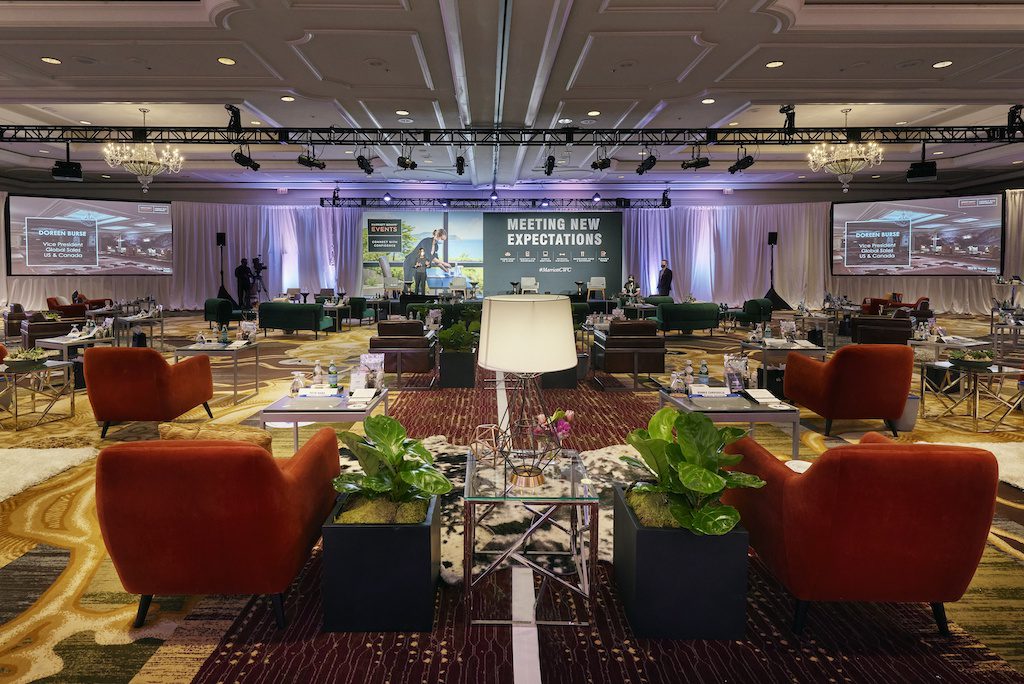Marriott Will Offer Pre-Event Covid Tests to Revive Biz Meetings

Skift Take
Optional coronavirus tests are another layer to Marriott's approach to combatting the threat of the virus. But testing is not a standalone solution to getting back to pre-pandemic performance levels.
The hotel sector is the latest within the travel industry to offer coronavirus tests as a way to boost confidence with business travelers and jumpstart the moribund meetings sector.
Marriott plans to roll out optional coronavirus tests in January as part of its group meetings and events division, the company announced Thursday. The protocols include self-administered tests the guest could take prior to arrival or a coronavirus test administered by a third-party provider at the hotel.
These latest health measures, similar to what some airlines offer on business traveler-heavy international routes, are part of Marriott’s Connect with Confidence program that offers heightened health and hygiene practices around the meetings and events sector.
“Building upon the work of our Global Cleanliness Council, we engaged industry-leading experts and through a thorough review process, identified third party providers capable of offering the health protocols that meeting professionals want and ne
